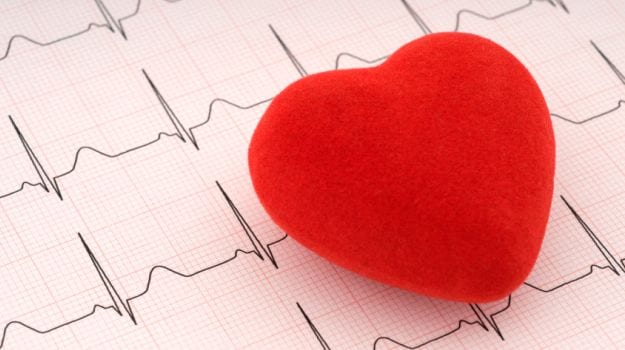"We have known for some time that people who are over-dependent on digital devices report feelings of anxiety when they are stopped from using them, but now we can see that these psychological effects are accompanied by actual physiological changes," said study lead Professor Phil Reed.
The fact that we don't realise is that constant usage of the internet makes us addicted to it. Unknowingly or so, our life starts revolving around it, and lack of internet then installs withdrawal symptoms that may not be life-threatening but they can significantly impact one's health.

The study was conducted on 144 participants, aged 18 to 33 years, having their heart rate and blood pressure measured before and after a brief internet session. Their anxiety and self-reported internet-addiction were also assessed. The results showed increases in physiological arousal on terminating the internet session for those with problematically-high internet usage.
There was an average three to four per cent increase in heart rate and blood pressure, and in some cases double that figure, immediately on termination of internet use, compared to before using it, for those with digital-behaviour problems. Although this increase is not enough to be life-threatening, such changes can be associated with feelings of anxiety, and with alterations to the hormonal system that can reduce immune responses.
The study also suggested that these physiological changes and accompanying increases in anxiety indicate a state like withdrawal seen for many 'sedative' drugs, such as alcohol, cannabis, and heroin, and this state may be responsible for some people's need to re-engage with their digital devices to reduce these unpleasant feelings. However, there were no such changes for participants who reported no internet-usage problems
The study published in the journal PLOS ONE.Inputs from IANS








